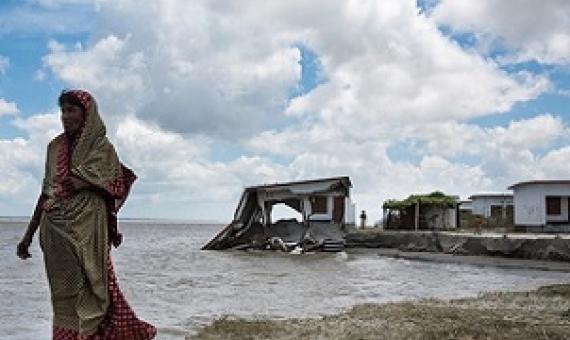Ecosystem and socio-economic resilience analysis and mapping (ESRAM) : Solomon Islands, Volume 1 : introduction and national assessment
This report presents Volume 1 (of three volumes) prepared as part of the Solomon Islands Ecosystems and Socio-economic Resilience Analysis and Mapping (ESRAM) to assess and prioritise climate change-related ecosystem-based adapation options for selected locations in Solomon Islands. Volume 1 provides the generic project background and methodology relevant to all three volumes, together with the high level national scale assessment.Available onlineCall Number: [EL]ISBN/ISSN: 978-982-04-0757-2,978-982-04-0758-9 Physical Description: p 141.

